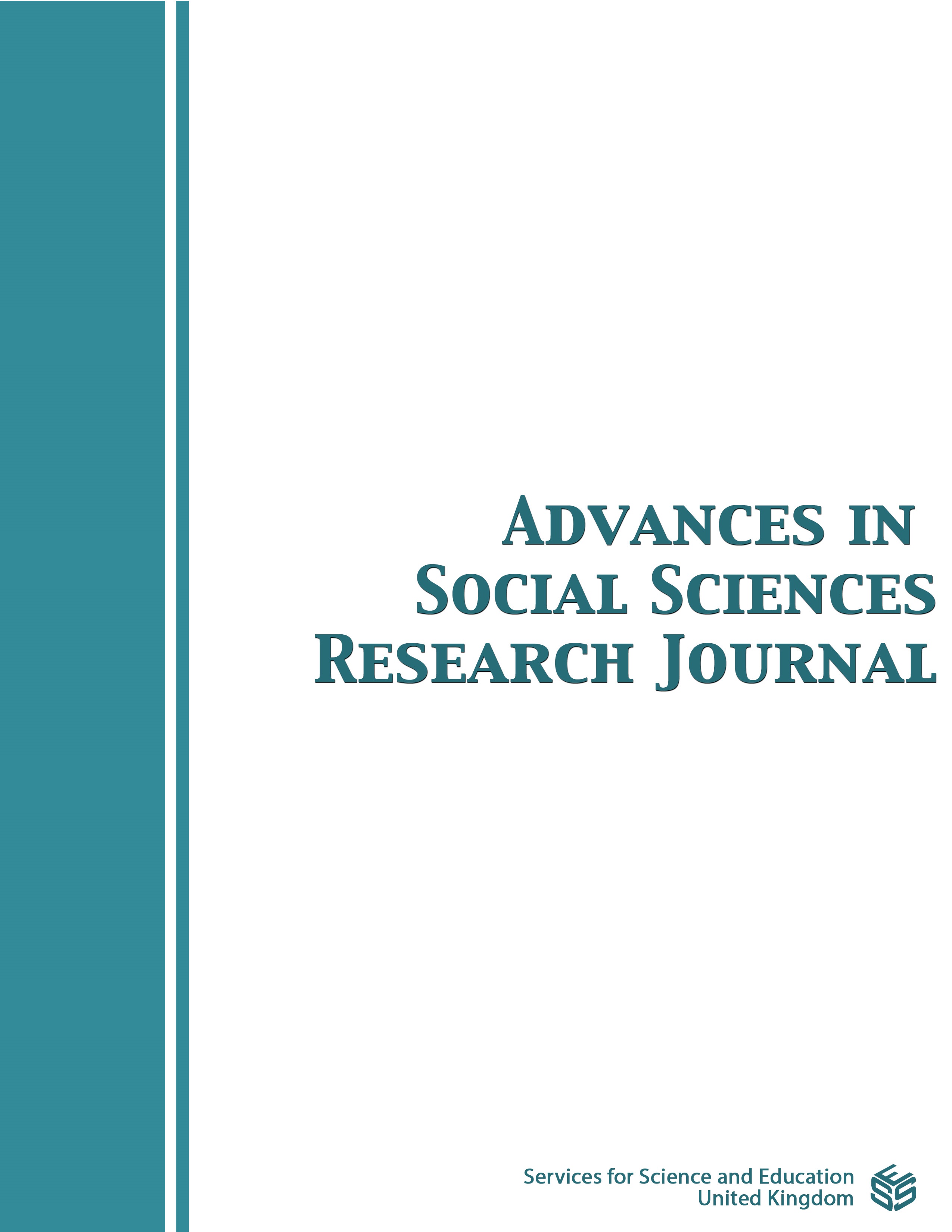Assessing the Role of Government Spending in Education and Economic Growth in Malaysia
DOI:
https://doi.org/10.14738/assrj.112.2.16431Keywords:
Economic Growth, Education, Government spending, Ordinary Least Square (OLS)Abstract
Education is a key driver in developing human capital, which refers to a workforce's skills, knowledge, and abilities. A well-educated and skilled human capital resulted in being more productive, innovative, and adaptable to economic changes. This, in turn, contributes to higher economic growth. However, insufficient government spending on education poses a significant challenge, hindering human capital development essential for economic growth. Thus, the purpose of this study is to examine the role of government spending in education (TEDU) on economic growth (GDP) in Malaysia from 1990 to 2020 using Ordinary Least Square (OLS) estimation methods. Foreign Direct Investment (FDI) and total unemployment (UNEMP) are also included in the study as control variables. The result showed that TEDU and FDI are positively cointegrated with GDP, while UNEMP is negatively cointegrated with GDP. Findings show that government expenditure on education acts as a strategic investment that can extensively impact economic growth by promoting human capital development, enhancing productivity, and establishing a more inclusive and competitive economy. Policymakers should prioritize sustained investment in education for long-term economic development and global competitiveness.
Downloads
Published
How to Cite
Issue
Section
License
Copyright (c) 2024 Norashida Othman, Nur Izzatul Jannah Abdul Kapar, Siti Norida Wahab, Nosica Rizkalla

This work is licensed under a Creative Commons Attribution 4.0 International License.
Authors wishing to include figures, tables, or text passages that have already been published elsewhere are required to obtain permission from the copyright owner(s) for both the print and online format and to include evidence that such permission has been granted when submitting their papers. Any material received without such evidence will be assumed to originate from the authors.






